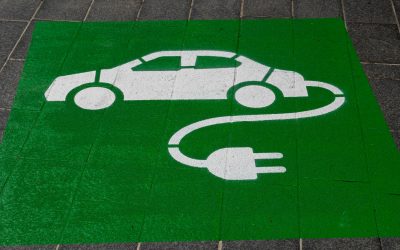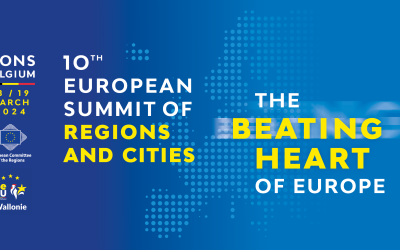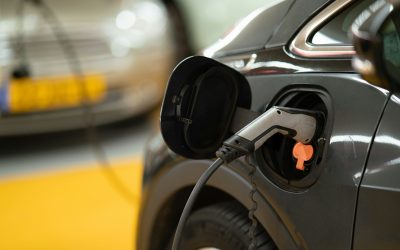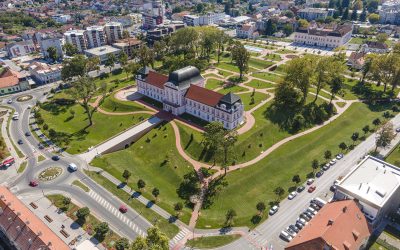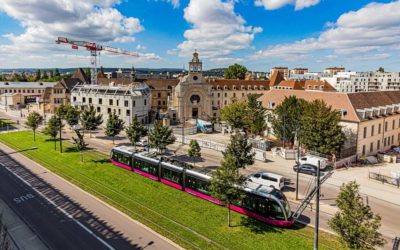Semmo joined the NECP dialogue roundtable to make the Czech cities’ voice heard by the national government
The Czech Republic aims to reduce total greenhouse gas emissions by 30% by 2030 compared to 2005 levels, a reduction of 44 million tonnes of CO2 equivalent. The National Energy and Climate Plan (NECP) serves as the primary framework for climate and energy policies from 2021 to 2030, targeting carbon neutrality. Projections suggest the NECP’s policies will achieve a 34% reduction in emissions by 2050 compared to 2005 levels.
Local implementation of NECPs
While the NECP includes measures for local implementation, the initial plan lacked sufficient focus on this level. Measures targeting municipalities involve promoting distributed energy generation, decarbonizing local government buildings, and enhancing the role of local energy and climate agencies. However, local authorities face significant challenges, such as:
- Lack of specialized human resources
- Insufficient technical knowledge and training
- Inadequate communication among municipalities
- Limited financial resources
- Insufficient collaboration platforms.
Setting up energy communities to achieve climate neutrality
The EUCityCalc partner Association of Energy Managers of Towns and Municipalities (SEMMO) supports municipalities in developing strategic energy documents like SECAP/Climate plans and engages in dialogues to improve the Czech NECP. On 15th February 2024, SEMMO participated in the Climate and Energy Dialogue hosted by the Union of Modern Energy, alongside representatives from the Ministry of the Environment, universities, and energy organizations. The meeting’s primary objective was to advocate for greater involvement of local authorities in updating the NECP.
According to this important meeting, two main objectives should be achieved:
- Municipalities with populations over 10,000 should establish at least one Energy Community (EC).
- The installed renewable energy sources (RES) capacity within these ECs should reach 4,000 MW by 2030.
To achieve them, SEMMO proposed the following recommendations:
- Training Programs: Train climate and energy coordinators in regional administrations to enhance knowledge dissemination and coordination.
- Mentoring Initiatives: Provide mentoring for energy-efficient housing and community initiatives.
- Competence Centres: Establish centres within regions to promote expertise exchange and development.
- Digitization: Implement digitization processes to streamline the identification of available connection capacities and facilitate contracts for integrating RES.
- Charge Mitigation: Reduce double distribution charges for electricity consumption, particularly for battery usage, to encourage energy storage solutions.
- Membership flexibility: Allow multiple memberships within ECs to foster broader participation and collaboration.
- Legislative reforms: Remove legislative restrictions that limit municipal rights within energy communities, promoting greater autonomy and decision-making capabilities at the local level.
By addressing these challenges and implementing the proposed recommendations, the Czech Republic can ensure that local authorities play a more significant role in achieving national climate and energy goals.
Read the full report here.
Explore our toolkit for insights on how cities can bolster their climate action here.


